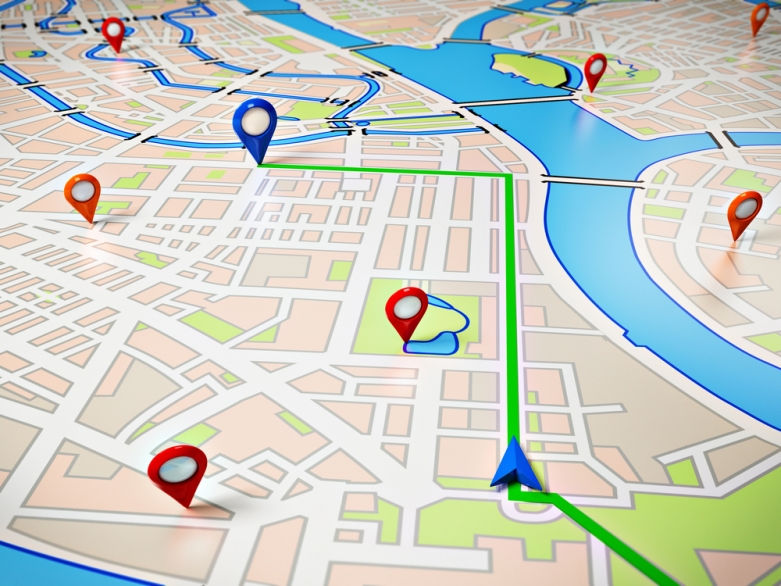California Federal Judge to Government: Get a Warrant for Cell Phone Location Data
Page Media

Yesterday, a federal district court held that the government must obtain a warrant to obtain historical cell phone location data. This important ruling makes it clear that we don’t have to give up privacy to participate in modern society.
Cell phones are a virtual necessity in today’s world, and they generate a comprehensive record of detailed and intimate information about our private movements and personal associations. We filed an amicus brief in this matter explaining why the government must get a warrant to access this sensitive information. As we explained, Cell Site Location Information (CSLI) can generate a near-continuous record of an individual’s locations and movements. CSLI can be used to track a person’s attendance at religious or political events, determine her romantic entanglements, learn whether she stops at a bar or a gym on the way home from work, and more. Over time (such as the 60 day period at issue in this case), CSLI can provide a detailed picture of the activities and associations of an individual.
In yesterday’s decision, Judge Lucy Koh agreed, holding that the government must seek a warrant to obtain historical CSLI. The decision carefully explains that cell phones constantly generate CSLI, even when they are not in active use. Because of this, Judge Koh found that CSLI is not “voluntarily” conveyed to cell carriers and that the “third party doctrine” long relied on by law enforcement to justify obtaining our digital data without a warrant simply does not apply. Koh relied in part on the California Constitution’s robust privacy protections, noting that there’s “little doubt” they apply with “full force” to this sensitive data.
The court also explicitly rejected the government’s ridiculous suggestion that people can simply choose not to carry a phone if they have concerns about location surveillance:
Considering the ubiquity of cell phones, and the important role they play in today’s world, it is untenable to force individuals to disconnect from society just so they can avoid having their movements subsequently tracked by the government.
We couldn’t agree more: participating in modern society and using technology should never come at the cost of our personal privacy. That’s why we’re co-sponsoring a California bill to protect all forms of electronic information. It’s great to see the courts demanding privacy protections as well.
Matt Cagle is a Technology & Civil Liberties Policy Attorney with the ACLU of Northern California.
